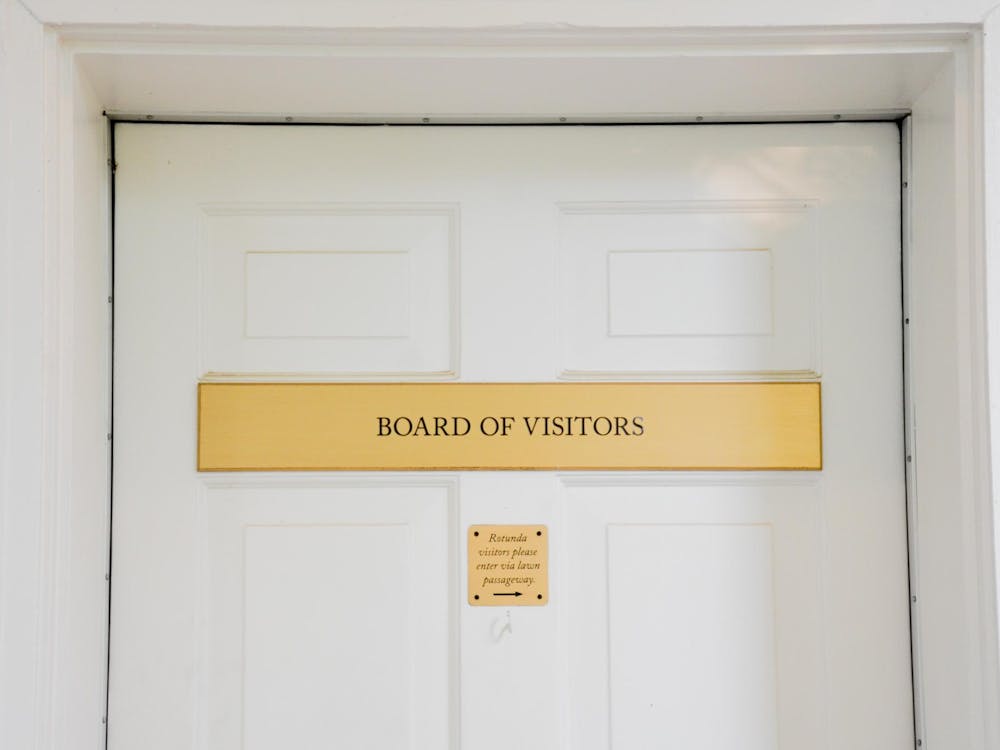As the spring semester opens, the University Judiciary Committee will look to continue its progress increasing its outreach and transparency efforts.
"It seemed like in the past we've had difficulty directly communicating what our procedures look like at the University," Vice Chair for First-Years Will Bane said, "but this semester UJC plans to show the student body "[what we are] here to do and how we do it."
The Committee hopes to hold a UJC Awareness Day later in the spring to facilitate this communication, Chair Michael Chapman said. The event, currently scheduled for March 25, "will represent a widespread educational effort across the University" to educate the student population on the procedures and standards of the Committee.
In another effort to increase education and transparency, the Committee plans to provide University students the opportunity to view a mock Committee trial, which Chapman said will "give students an idea of how our trials work up close."
Chapman explained that though much can be learned from reading about the organization, the Committee hopes that an actual showing of the trial process will increase transparency and serve to better inform the University community about the Committee and its goals.
Chapman also noted the Committee's recent efforts to increase its recruitment outreach. Through its programs, the Committee was able to connect with "a large number of students that we haven't been able to in the past," he said.
Bane said the Committee worked with Resident Life to ensure that an educator would be in every first-year suite or hall, so that first-year students were made more aware of the recruitment and try-out processes than in previous years. The end result was a measurable increased connection with the University's youngest students, Chapman noted.
Additionally, the Committee worked closely with the Minority Rights Coalition, which contributed to an increase in student participation in review sessions for the organization's recruitment test. Last year, 20 students attended the session, Bane said - a number that grew to 90 students this year.
This increase in student interest paralleled the Committee's increasingly diverse applicant pool this year, Bane noted, adding that last year's recruitment pool was 83 percent white. In contrast, the Committee this year "looks like our student body," he said, as it includes international students, racial minorities and transfer students.
Apart from the Committee's external efforts, Chapman said members are extremely proud of the addition of two new community service sanction locations this year, which allow trial panels more flexibility, as well as provide more ways for the Committee to interact with the University community.
"[Adding more sanctions] was a goal that had been discussed for a while in the past," Chapman said, "so we were glad to see it come to fruition."
Bane said the two new areas available as sanction locations - facilities management and transportation - give sanctioned students more options and opportunities "to give back to the University community"






